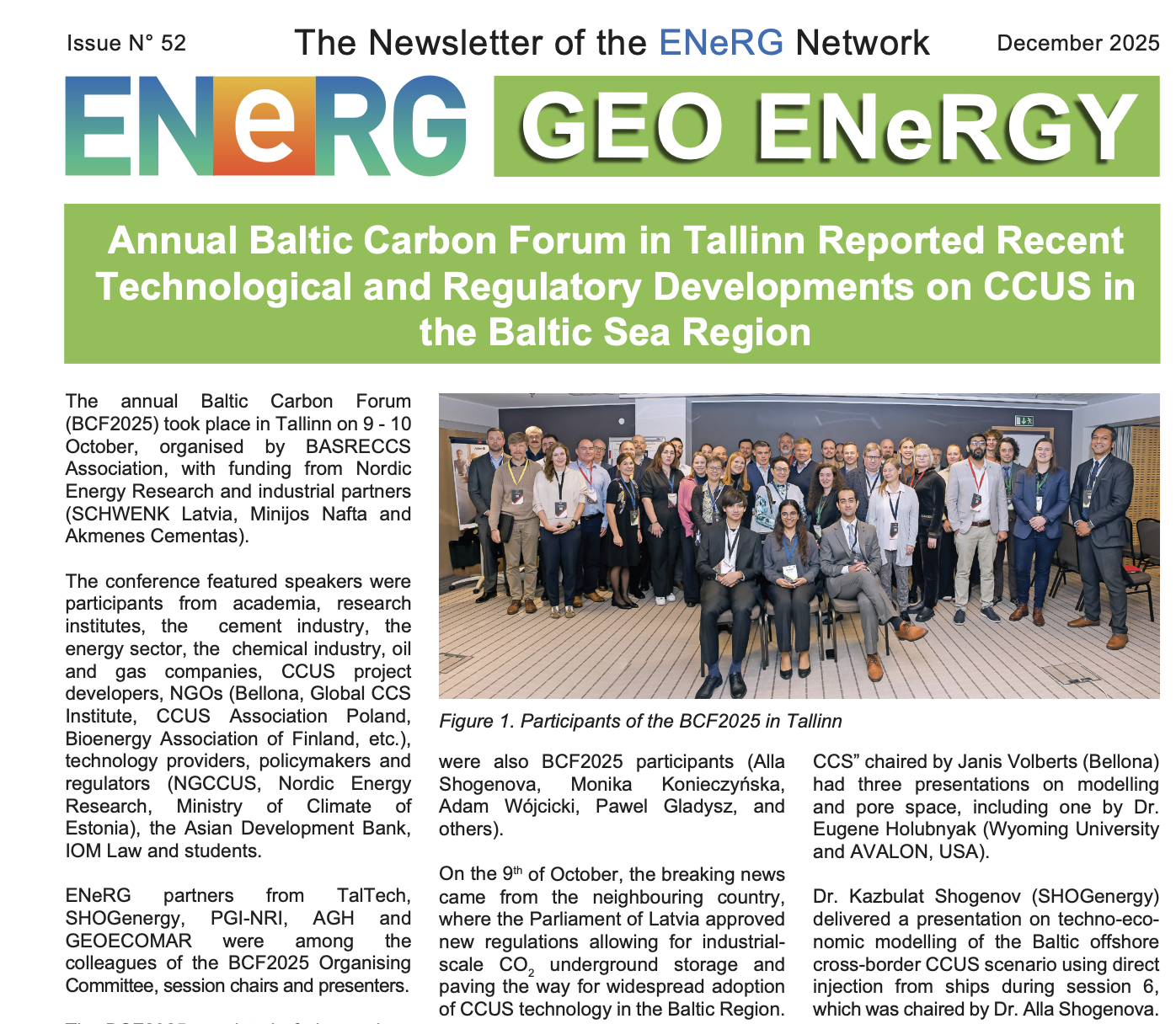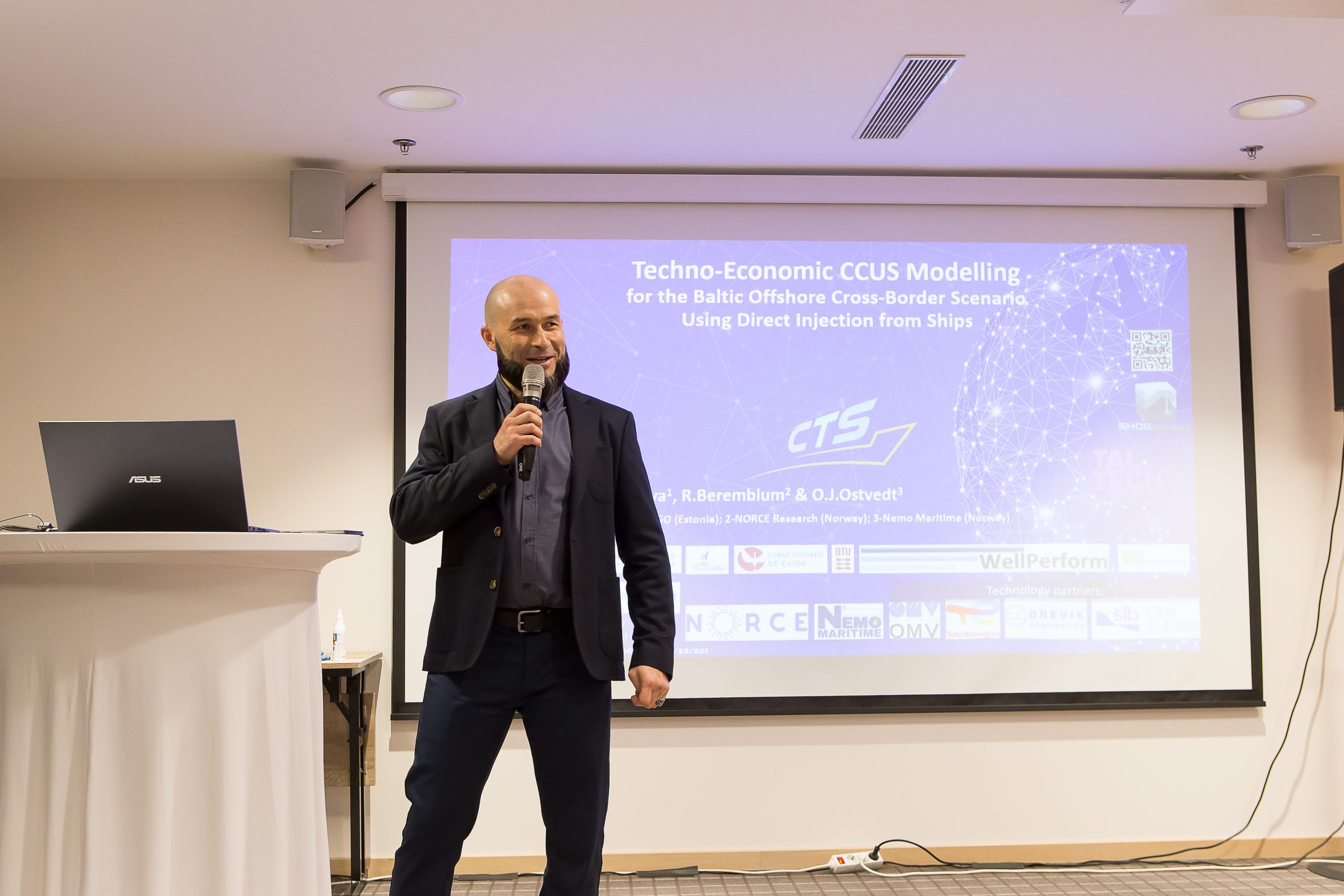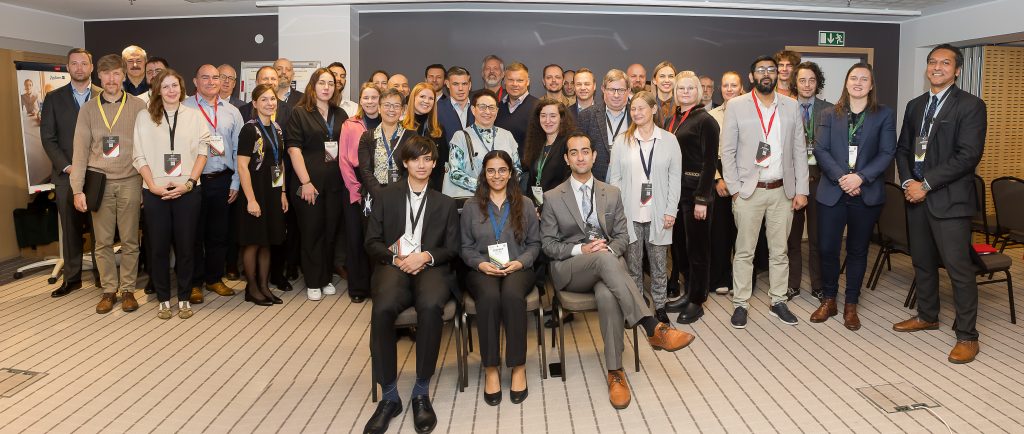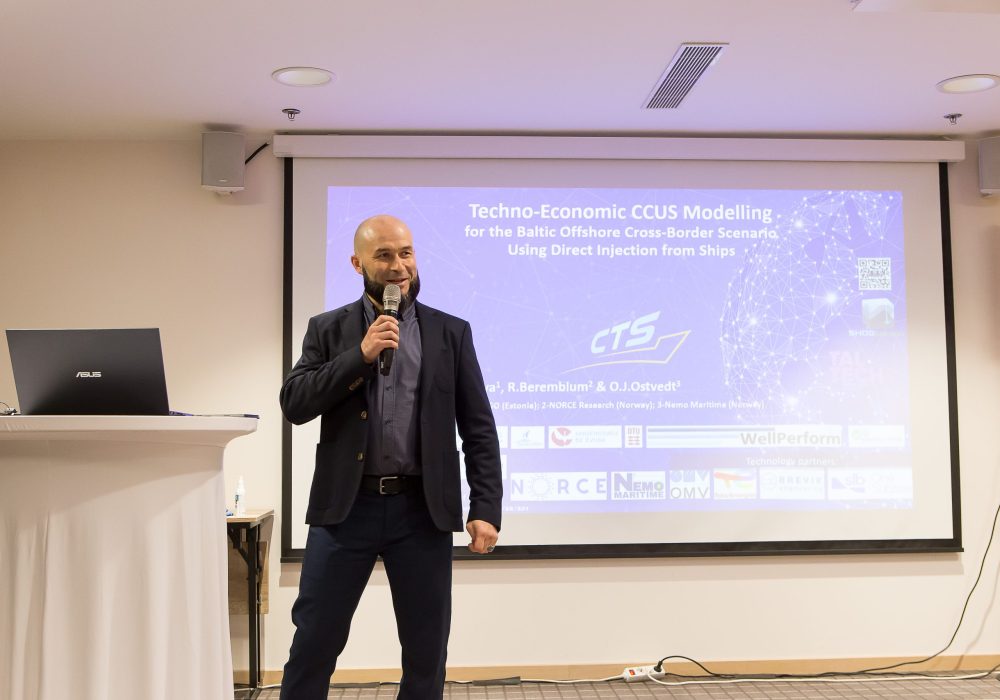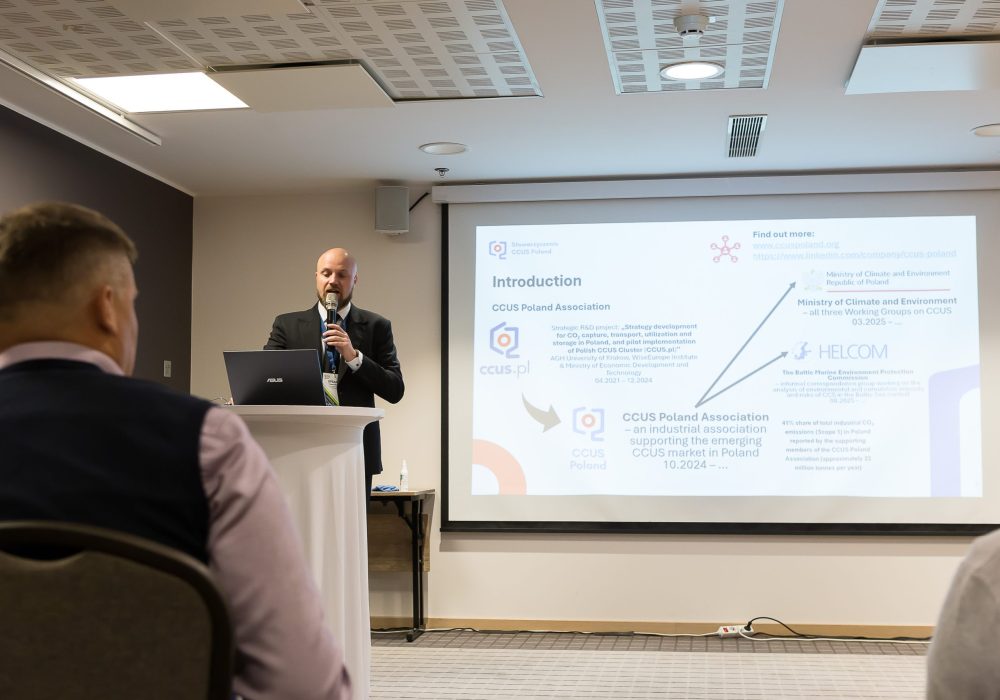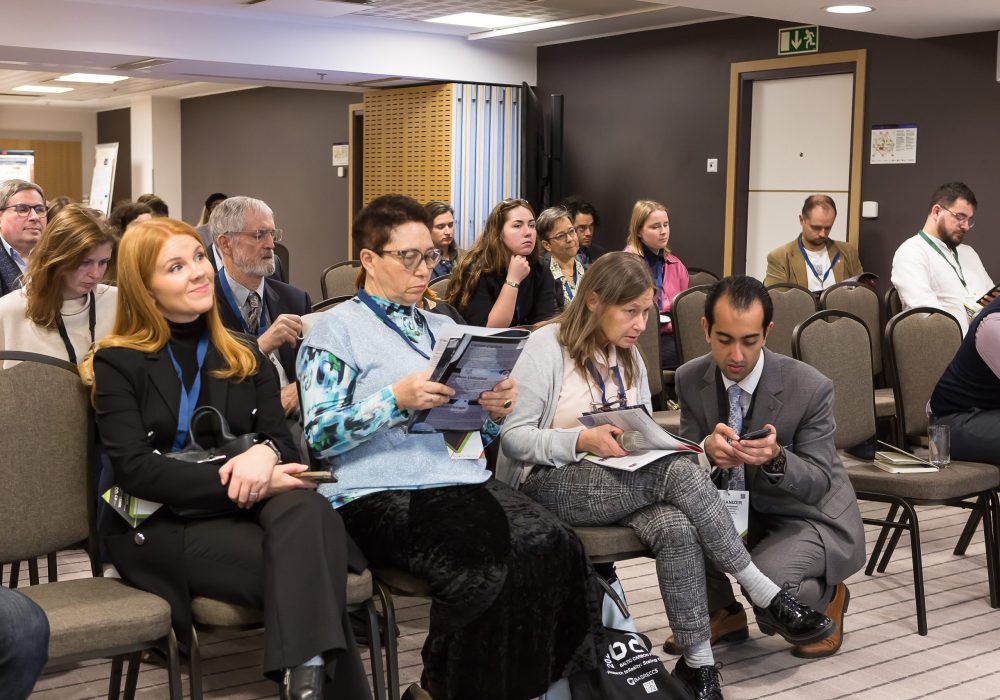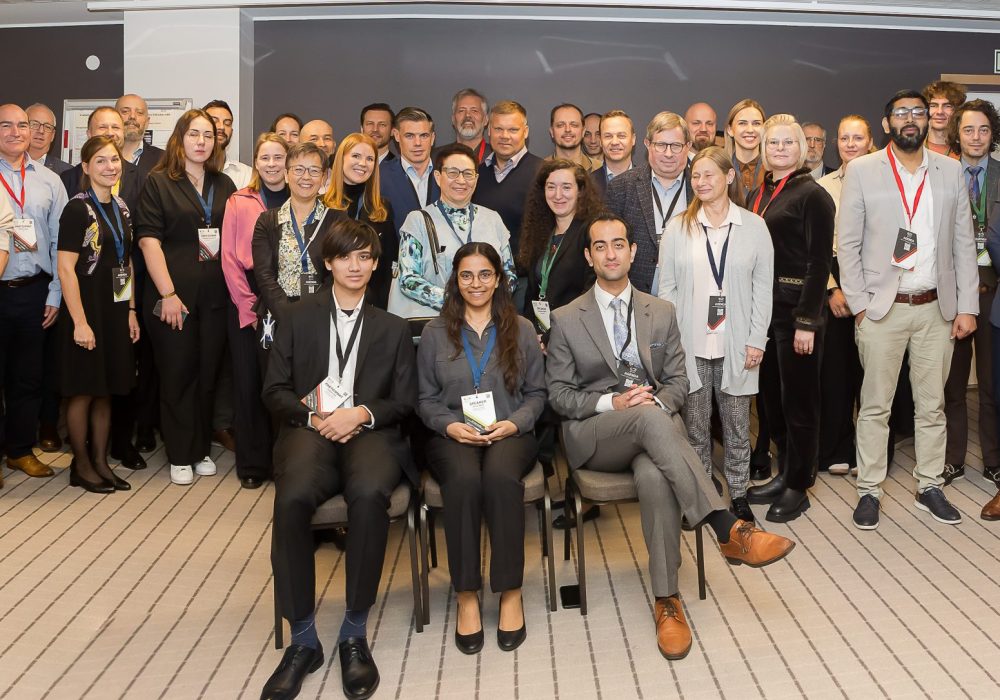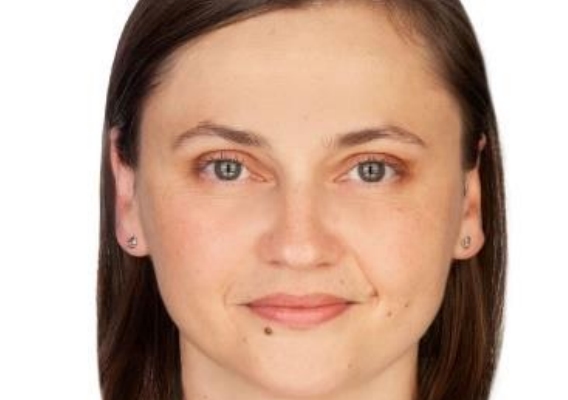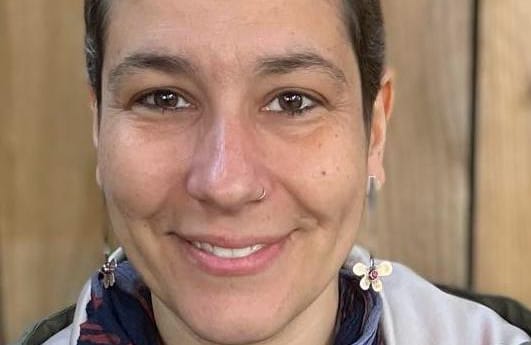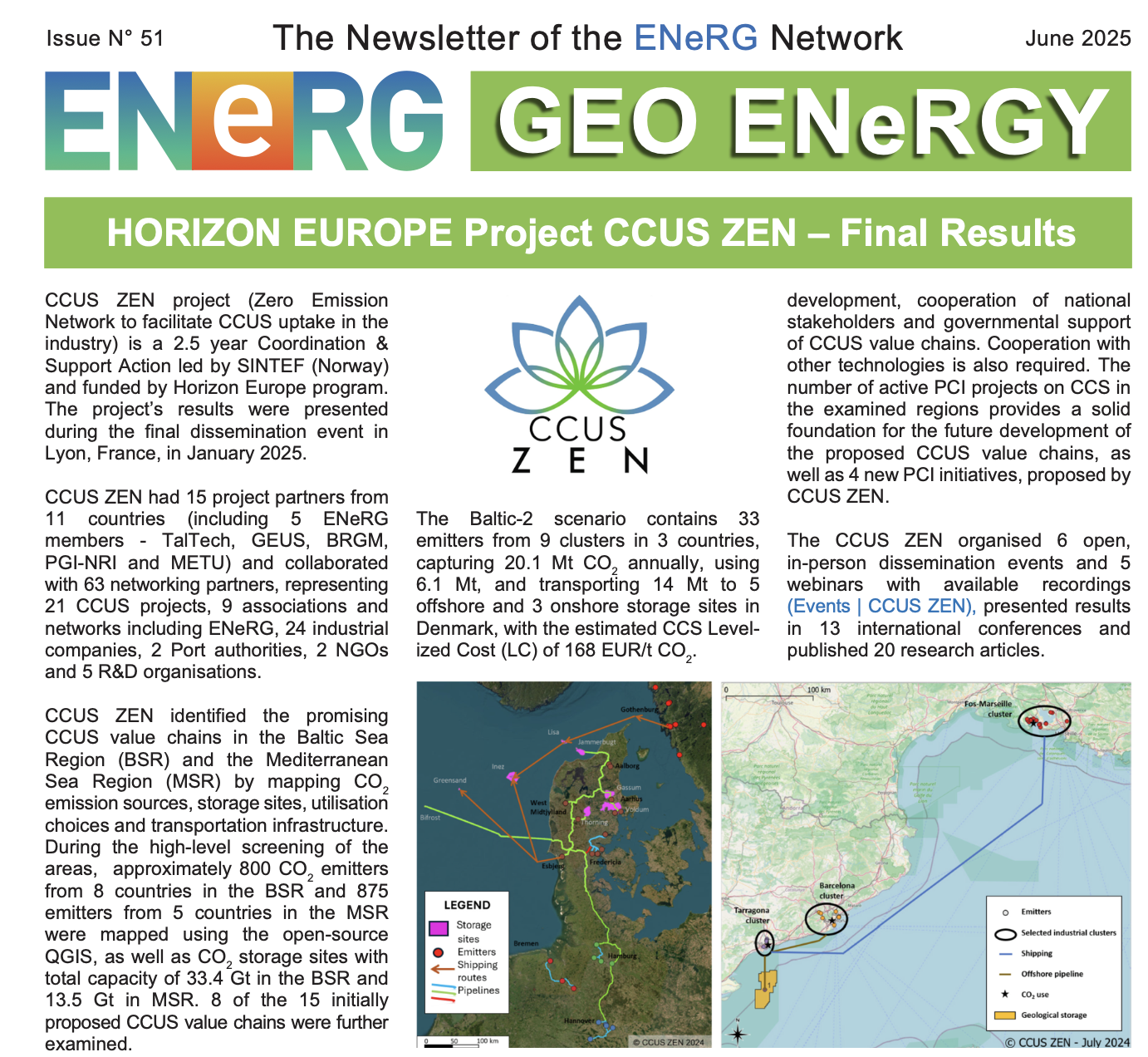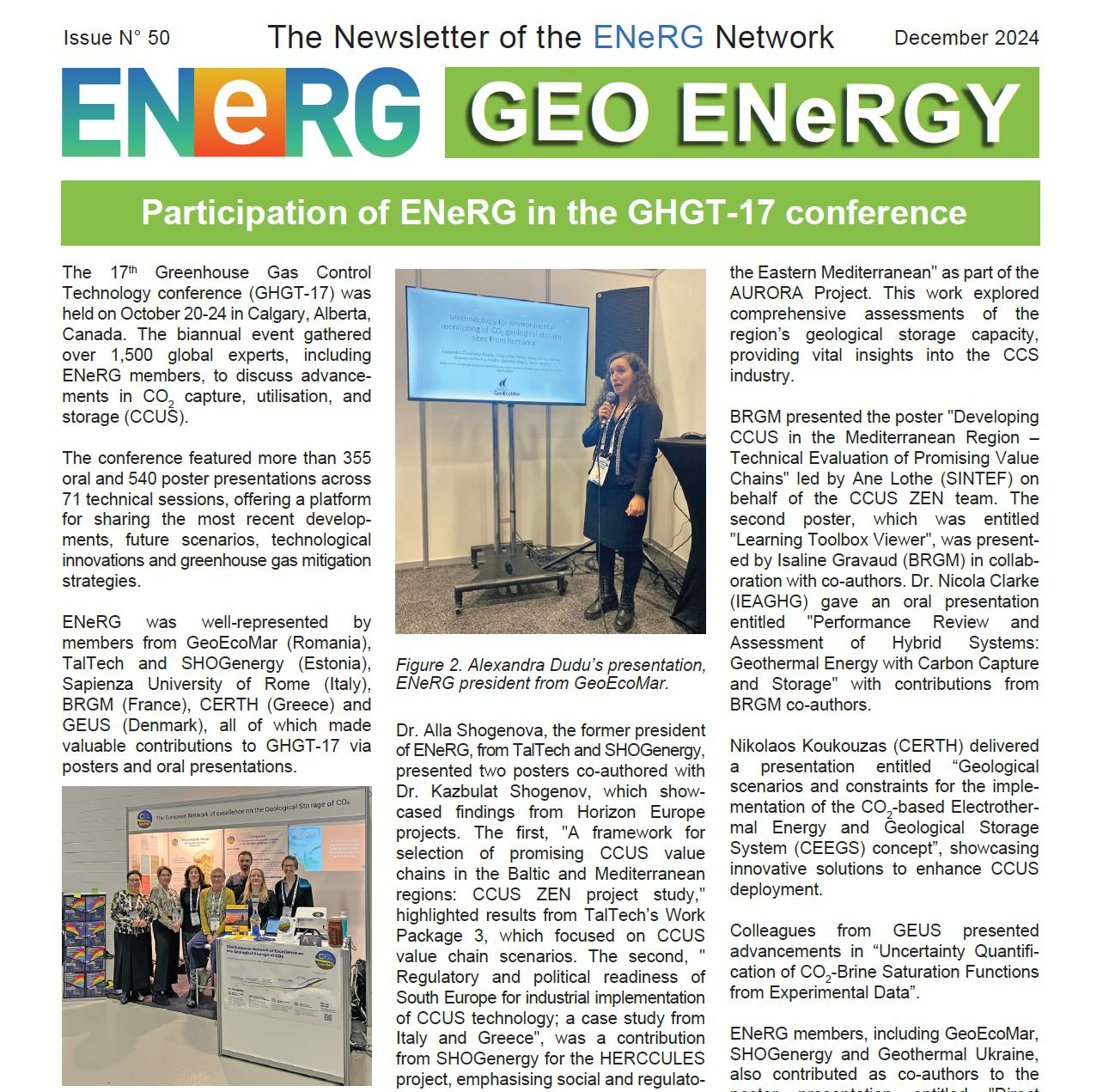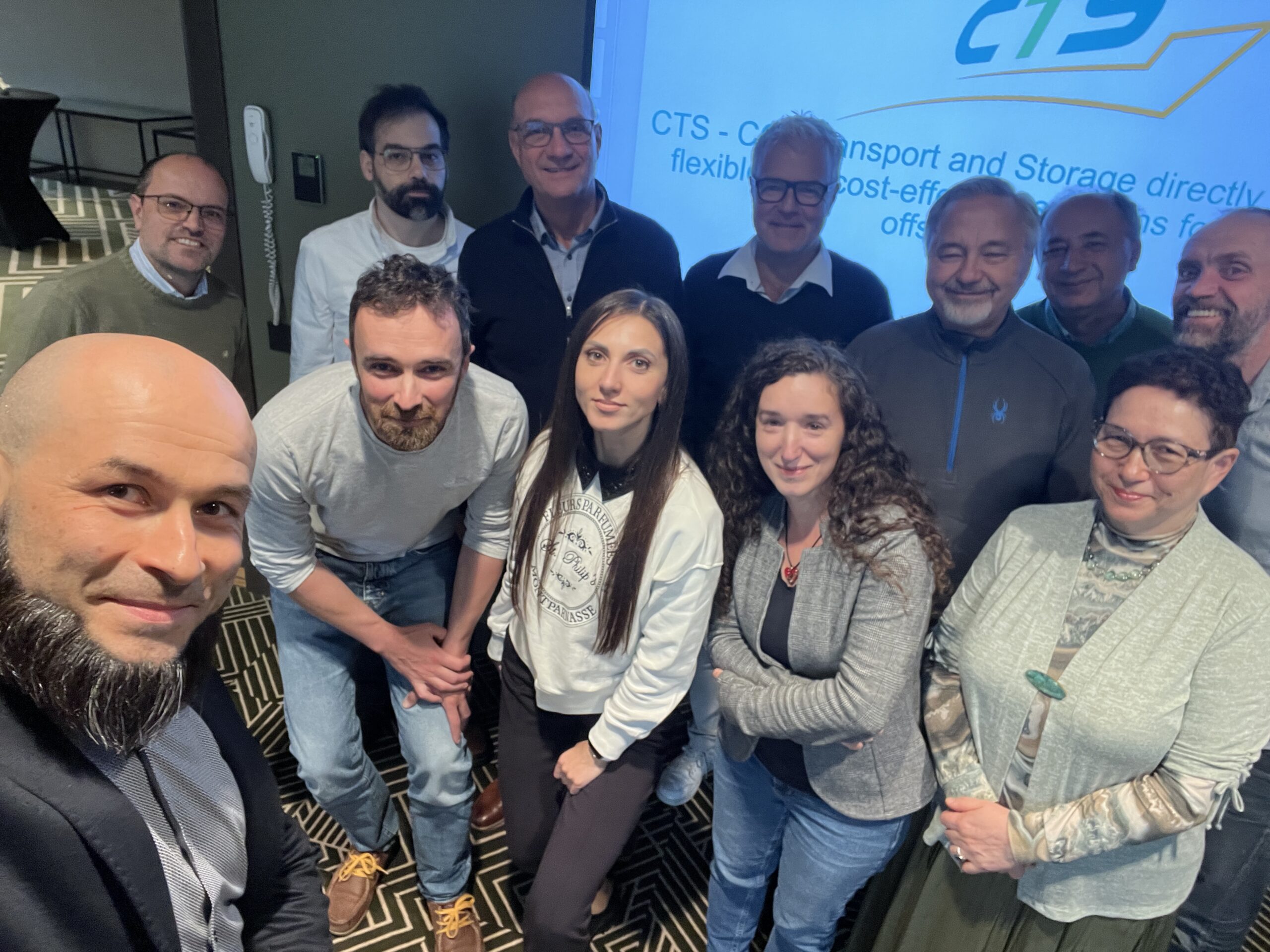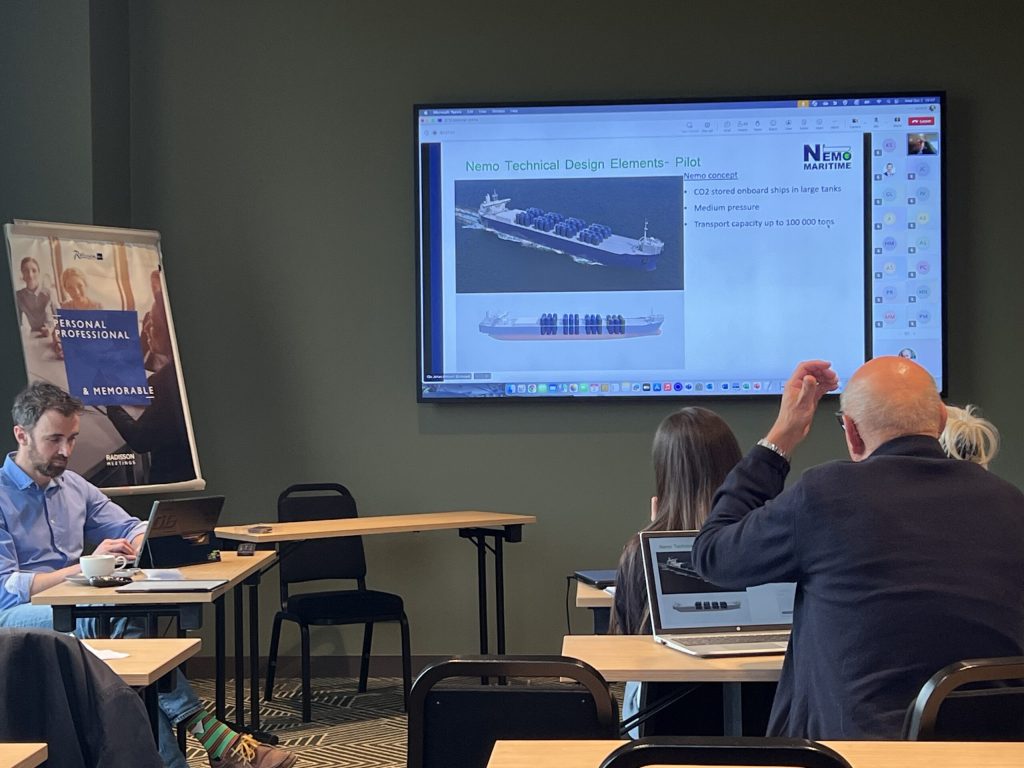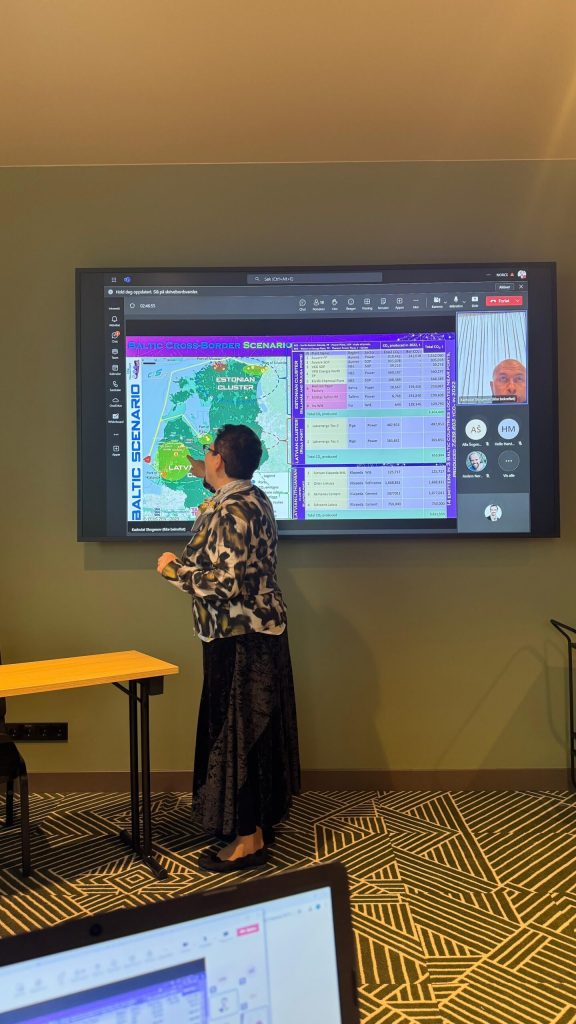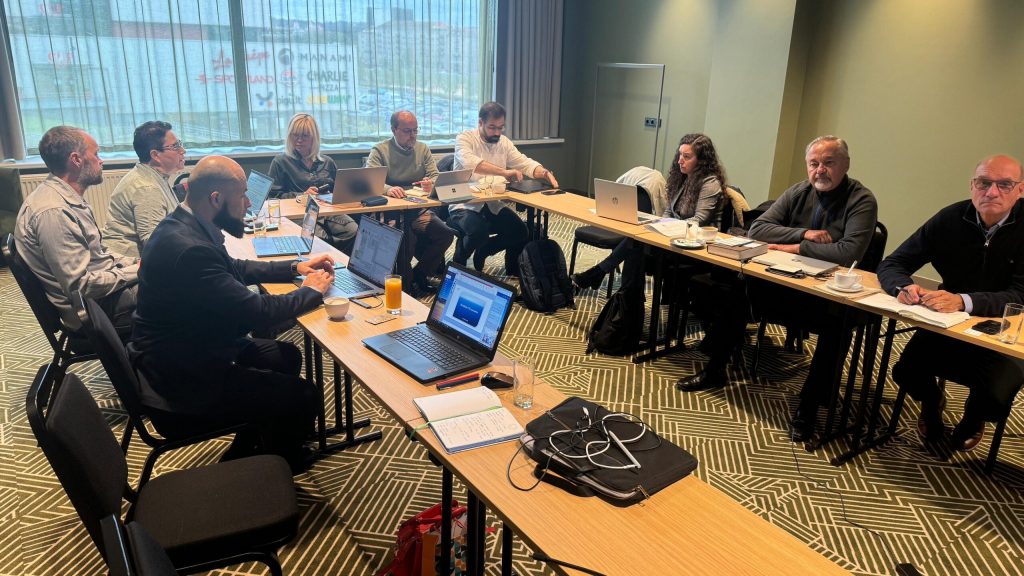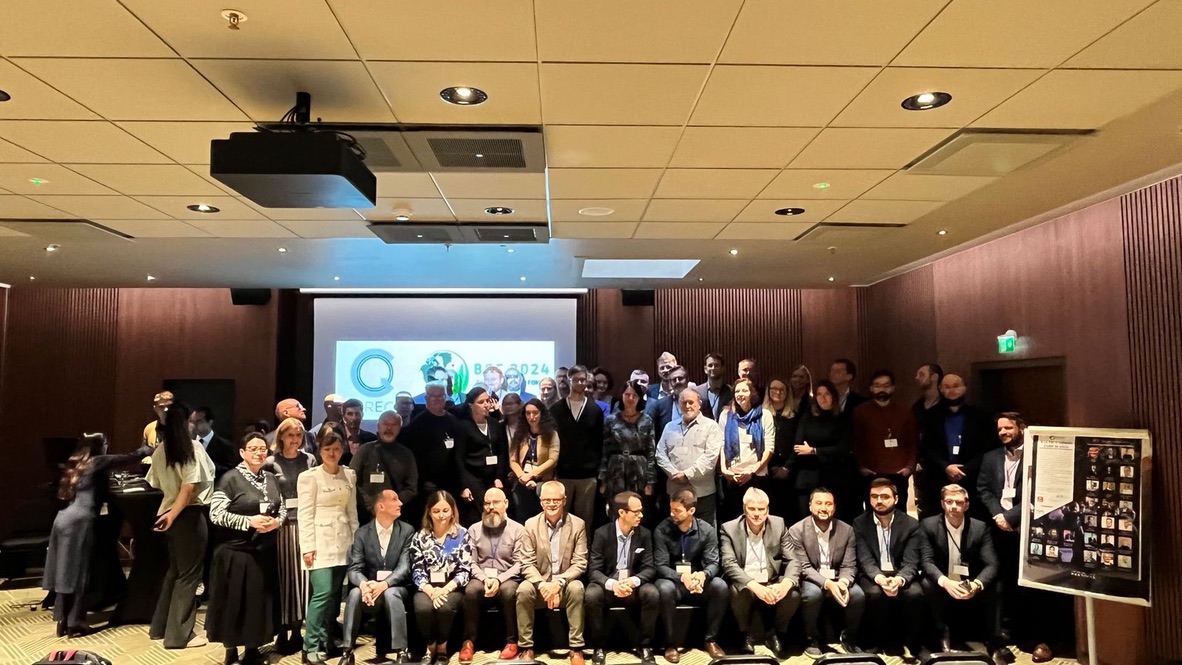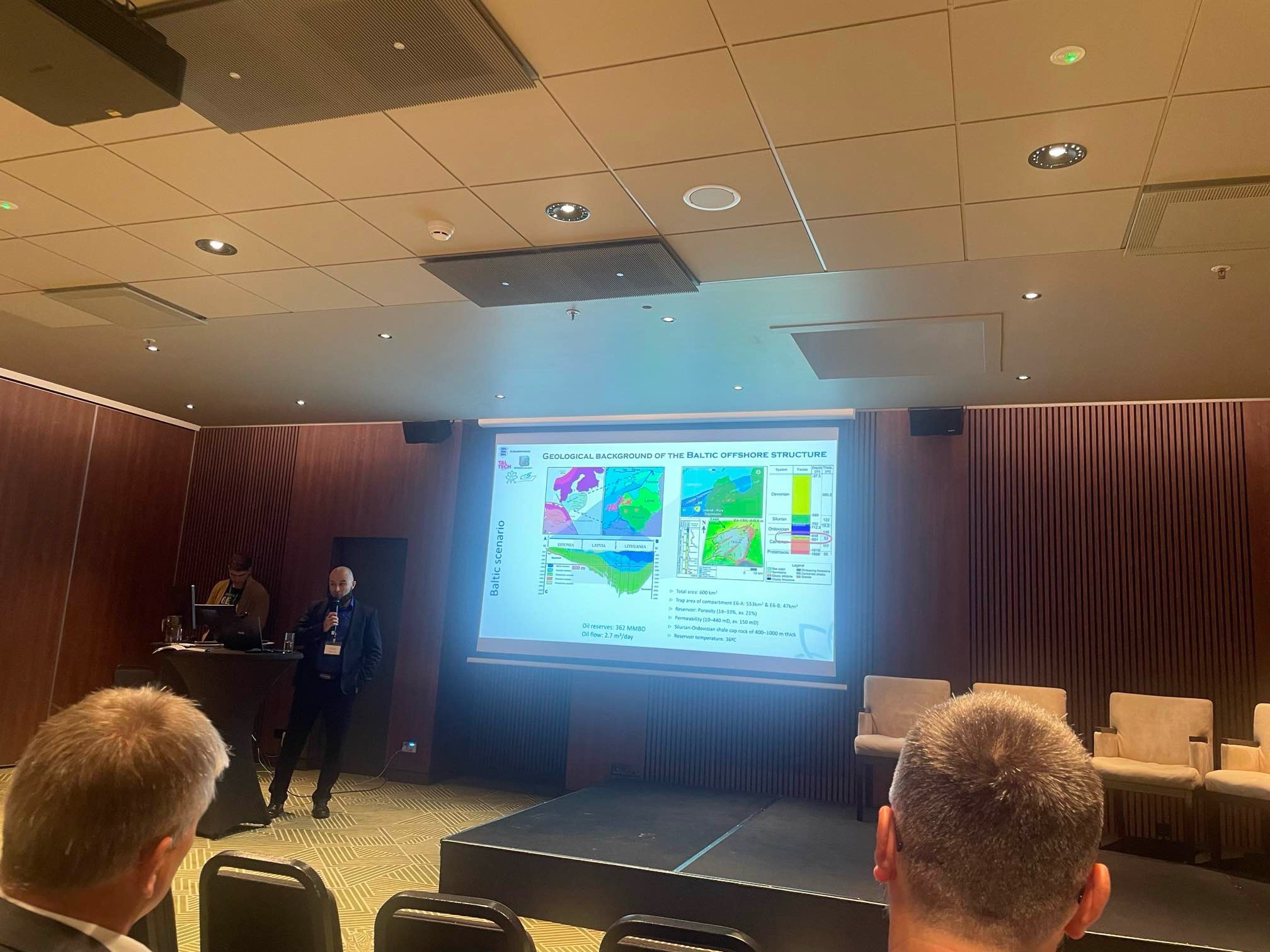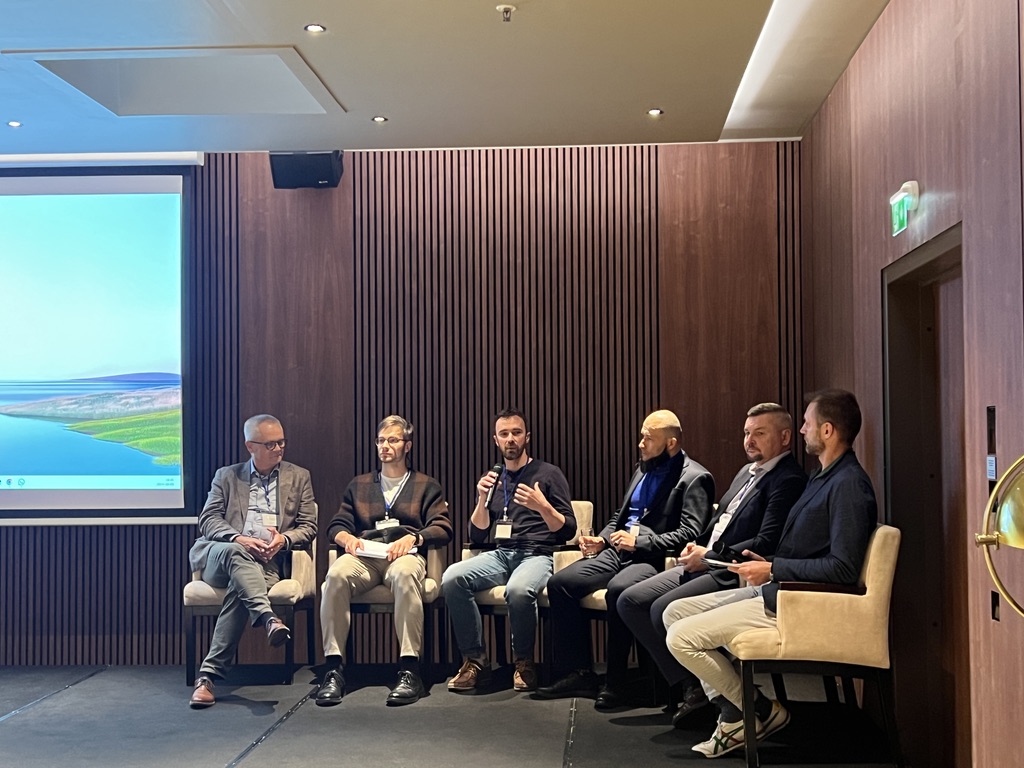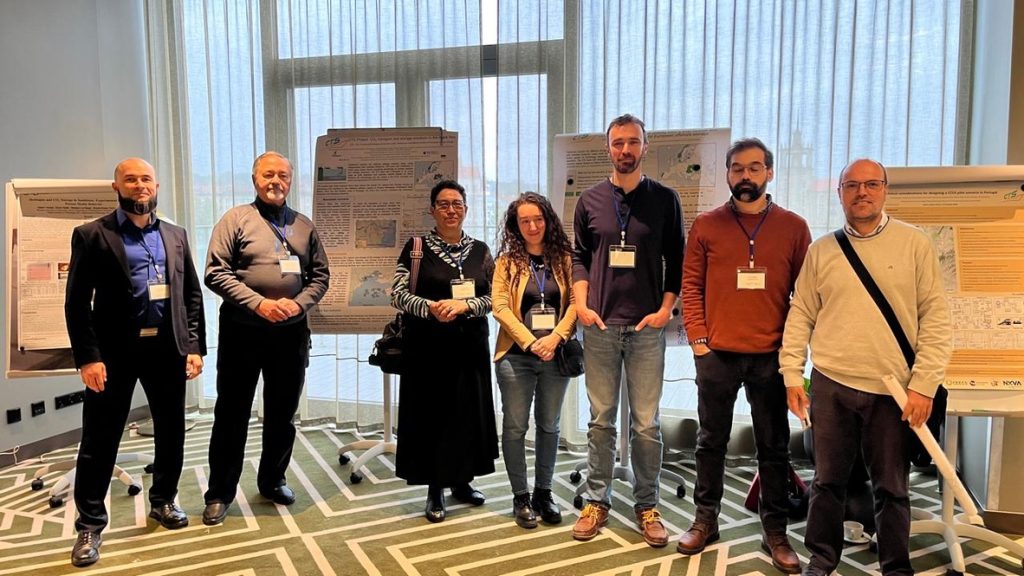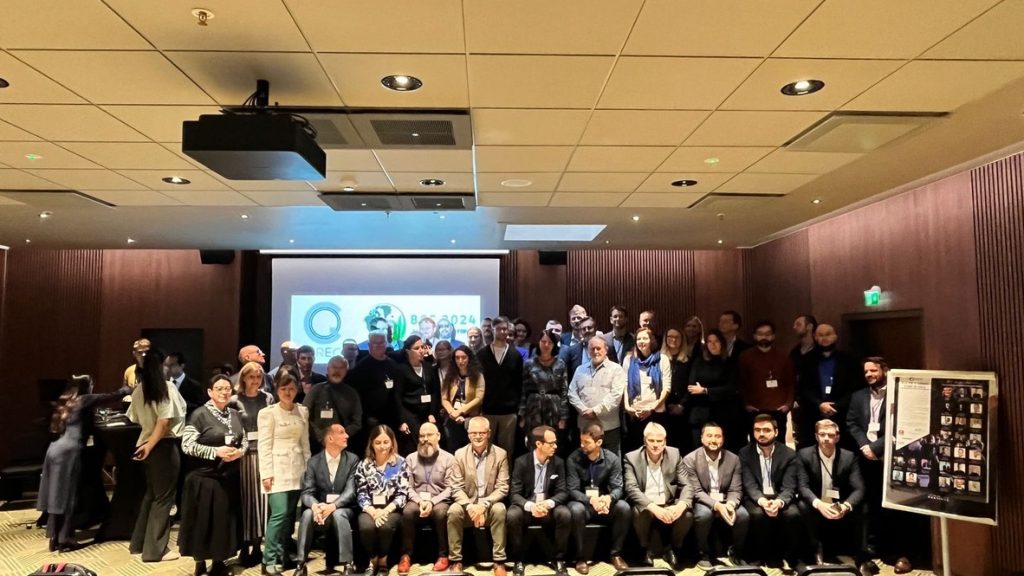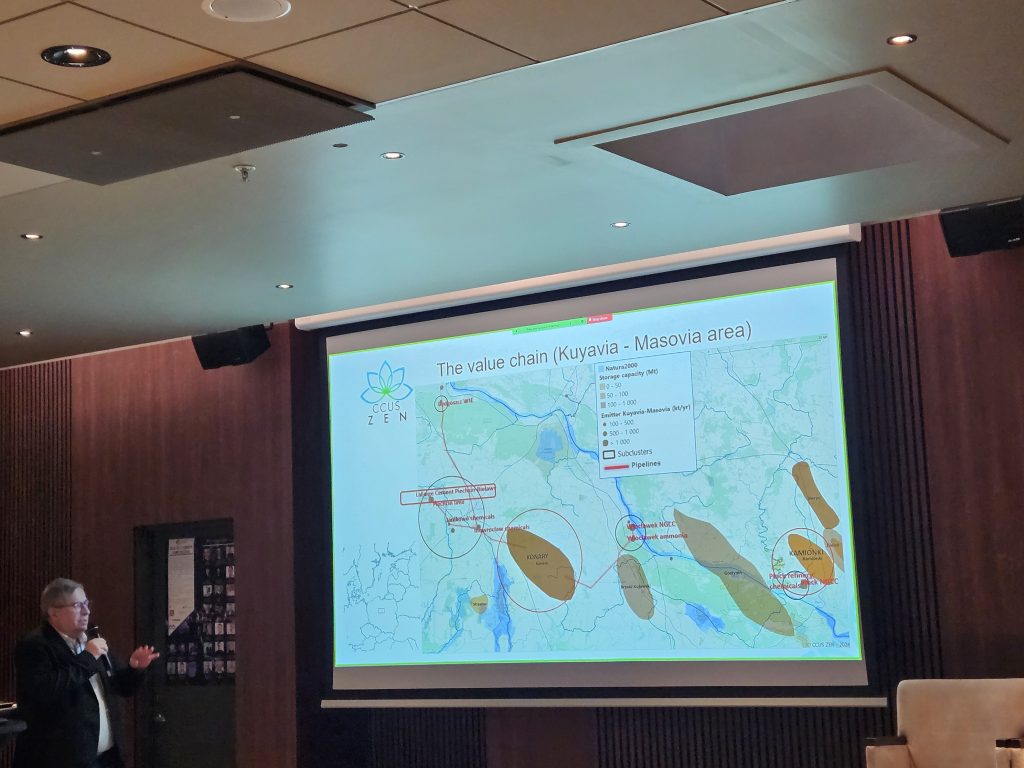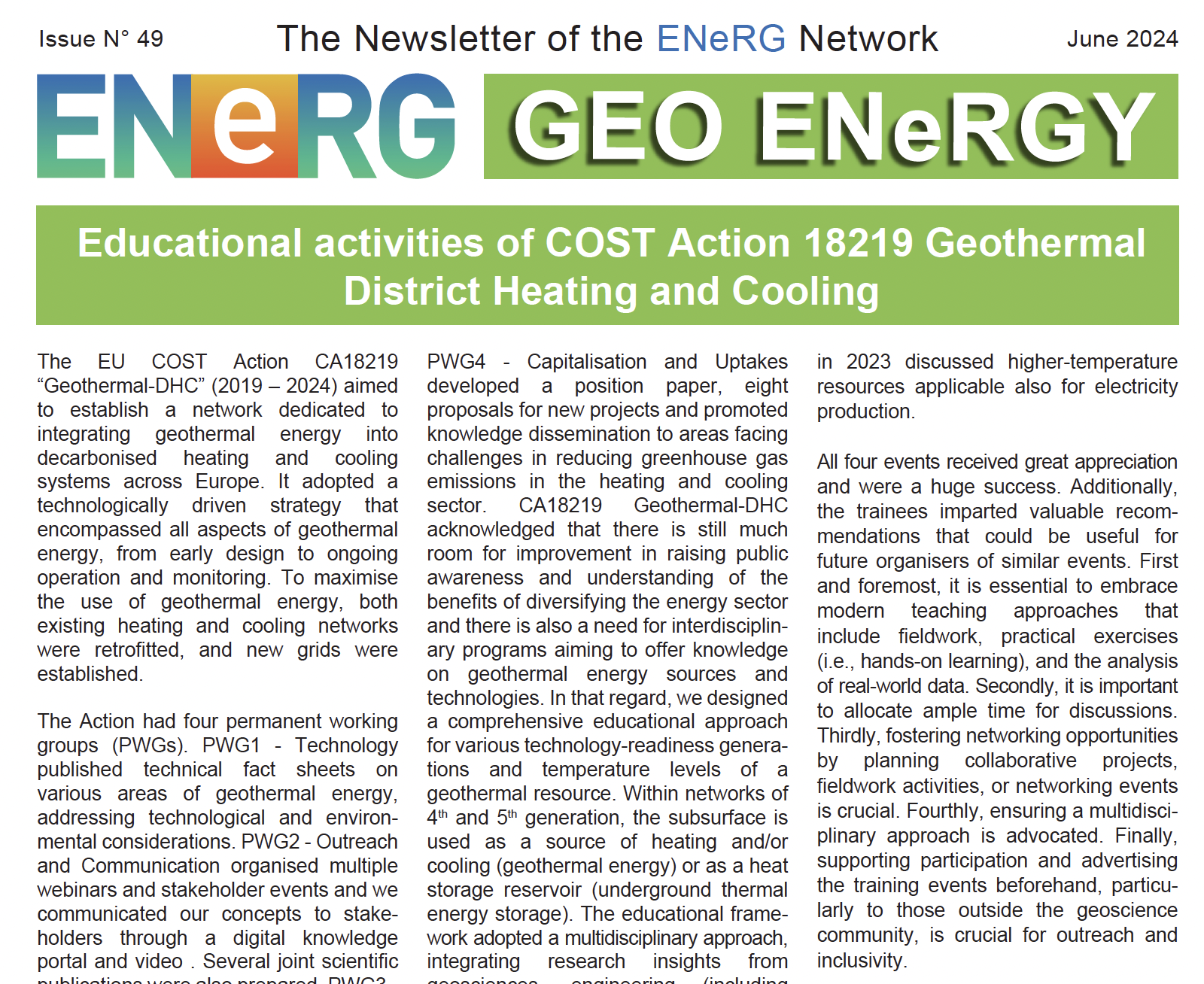The first-page article covers the annual Baltic Carbon Forum (BCF2025), which took place in Tallinn on 9–10 October and was organised by the BASRECCS Association.
The second page includes an article on the CTS project, presenting European scenarios for CCS value chains with direct ship injection. The project is coordinated by NORCE and involves ENeRG members from Estonia, Romania and Ukraine.
The third page about the results of the study “Geothermal Energy for Greenhouse Development in Ukraine,” including a pilot study focused on the Lviv region. The study was supported by the Dutch Embassy in Kyiv and funded by RVO under the Private Sector Development Programme.
The final page includes an article on the first BASRECCS Workshop “Decarbonizing the Future: Innovations in CCUS, Geothermal and Hydrogen”, held on 15 September 2025 at the GeoEnergy Research Group MLAB building at Kaunas Technical University.

